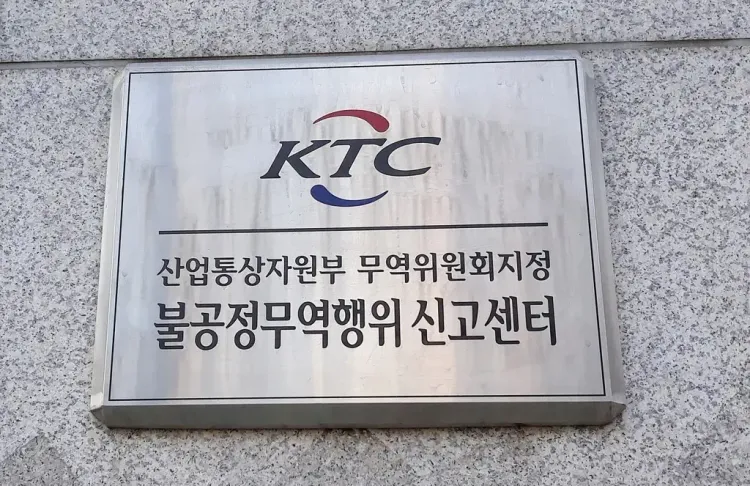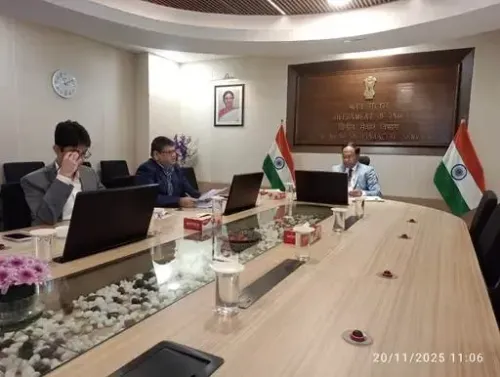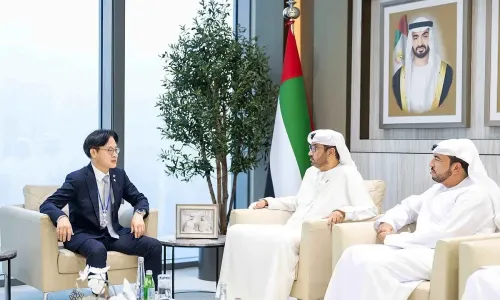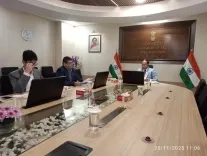Is South Korea Increasing Anti-Dumping Tariffs on Two Chinese PET Film Companies?

Synopsis
Key Takeaways
- South Korea raises anti-dumping tariffs on PET film imports from two Chinese firms.
- Tariffs increase to 7.31% for Kanghui and 36.98% for Tianjin Wanhua.
- Initiated at the request of local producers.
- PET films are crucial for multiple industries.
- First re-examination of tariffs based on domestic producer requests.
Seoul, Nov 20 (NationPress) The trade authority of South Korea has announced its decision to elevate anti-dumping tariffs on polyethylene terephthalate (PET) film imports from two Chinese manufacturers, emphasizing the necessity to safeguard the market share of domestic enterprises.
The Korea Trade Commission (KTC) confirmed it has finalized the increment of anti-dumping duties on PET film products from Kanghui New Material Technology Co. in China, raising it to 7.31 percent from the previous 2.2 percent, as reported by Yonhap news agency.
Additionally, tariffs on imports from Tianjin Wanhua Co. will surge to 36.98 percent, up from 3.84 percent.
This review was initiated by four South Korean firms, including Kolon Industries Inc. and Hyosung Chemical Corp., back in February.
PET films serve crucial roles across several sectors, including packaging, electronics, and energy.
This decision marks the first instance where the KTC has undertaken a re-assessment of anti-dumping tariffs at the behest of domestic producers and concluded that existing rates required adjustment.
"Our conclusion stemmed from concerns that the volume of dumped exports from these Chinese firms to Korea is likely to rise, consequently increasing their market presence here," stated a KTC representative.
In a related matter, the trade authority held public hearings last month regarding alleged harm to local businesses in two ongoing anti-dumping investigations involving Chinese and Japanese companies.
These hearings, conducted by the KTC, followed preliminary findings suggesting that anti-dumping duties could reach as high as 33.57 percent on hot-rolled alloy and steel plates from China and Japan, alongside a 43.35 percent tariff on optical fiber imports from China.
Both sets of tariffs are set to remain in effect until January. An inquiry was initiated after Hyundai Steel Co. lodged a complaint in December against multiple Japanese and Chinese manufacturers for alleged dumping practices.
The alternate investigation started in March after LS Cable & System Ltd., South Korea's leading cable producer, filed a grievance in early January, asserting that three Chinese companies were selling single-mode optical fiber products below fair market value.









